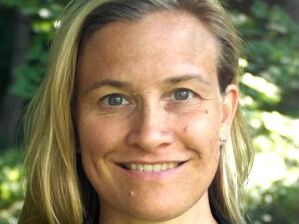Recipients of PSC Small Grant Awards
The Opt-Out Continuation: Education, Work and Motherhood from 1984-2011
Tanya Byker

There has been considerable debate in the academic literature and popular media about whether there is an increasing trend in the United States of highly educated women dropping out of work to care for children—an opt-out revolution. I use unique features of the of Survey of Income and Program Participation—a large nationally representative sample, longitudinal structure, monthly labor force outcomes, and repeated panels—to estimate a dynamic measure of opting out that is currently missing in the literature. I use four-year event studies to compare labor force outcomes of women who gave birth in the 1980s, 1990s and 2000s. I find substantial and sustained opting-out of mothers in all education categories over the last three decades. But is this a revolution? Three decades of behavior suggest that surprisingly little has changed—it is an opt-out continuation. Given the substantial increases in women’s college completion, the absence of change is just as puzzling and important.
Beyond documenting these trends I am exploring the reasons why we might see such a dramatic convergence in male and female behavior at one stage of decision making—education—and then observe persistent gender disparity in the decisions about work in parenthood later in the life cycle. Avenues of research on this front that have been supported by the Weinberg Research Fellowship include studying time use among parents of young children, examining household labor supply—husbands and wives joint outcomes around births, and impact of parental leave policies.
Funding Source: Marshall Weinberg Research Fellowship
Funding Period: 11/29/2011 to 12/31/2012
